
OR
A Nepali woman fighting acid burns in Bangalore
Nepali woman in Bangalore finds hope after horrific acid attack by her husband
Published On: September 12, 2020 09:20 AM NPT By: Anjali Subedi
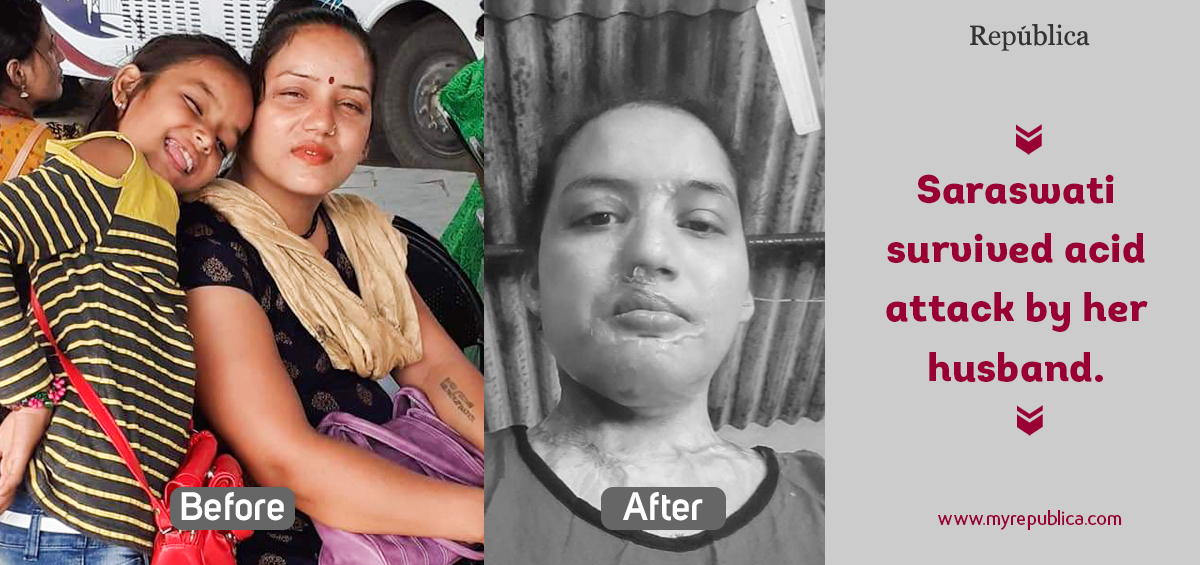
KATHMANDU, Sept 12: It was the era of the Maoist insurgency, and her village in Achham was not untouched. Minors were joining the rebel forces either willingly or by force. Saraswati Bista was 14. Her parents were worried about her safety. A relative brought a marriage proposal. She tied the knot at 15; with a man from Baitadi who used to work as a watchman in Delhi, India.
"He used to drink and argue a lot," Saraswati recalls. "After our son was born, he made our life miserable. One day, I left his place with my child. I should have never returned from Nepal," she said over the phone on Wednesday from Bangalore, India.
When Saraswati reached home along with her eight-month-old baby boy, her parents and brothers told her to think twice before deciding to go back. Her husband apologized and wanted her to return to him in Bangalore.
"He promised to never torture me. My family in Nepal is not rich, but they are very supportive. I thought I should give him a chance and returned," she said.
On March 12, Saraswati was sleeping on the floor in their single-room cottage in Bangalore when Ram, her husband, poured acid on her face and disappeared.
She first thought it was water. She realized within seconds that something big had happened to her. She felt her face burning unbearably. When children got up to her screams, there was smoke around her face and arms. Her children saw their mother's eyes and lips turning silver.
"I had slept with my mother that day. I was woken up by her scream. My father must have kept me on the bed later because he wanted to burn my mother. There was smoke, her lips had turned silver and her eyes were swollen and looked like silver," narrated Sandhya, Saraswati's daughter, who was born after the family later shifted to Bangalore from Delhi. "We all started shouting, our neighbors came rushing, and she was taken to a nearby hospital."
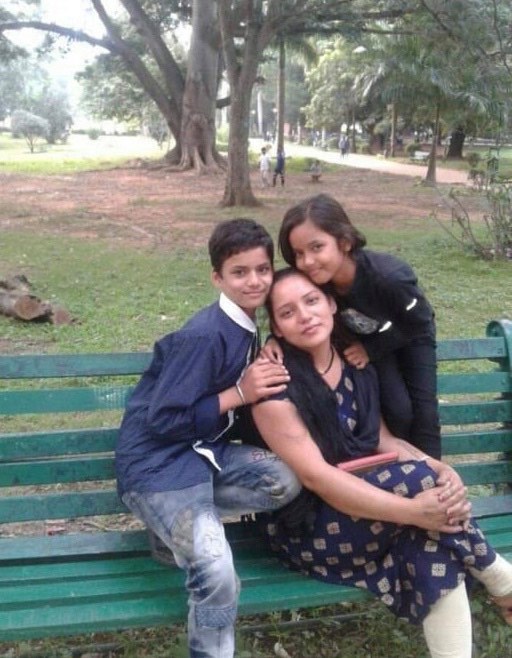
That incident happened at four in the morning. Sandhya, 11, helplessly watched her mother and brother ride an ambulance. She was alone at home, and her father was nowhere to be seen. People came to Sandhya after a few hours with terrible news. Her father's slippers were floating in a nearby water well. The dead body was taken out from the well, and the matter was reported to the police.
"I always wished that my father went away from our life. He would beat my mother, my brother and me. I thought that we would live happily if he went away. Now we are happy and life is peaceful, I never cried for him," Sandhya said in a firm voice. She added that she was however afraid to see the dead body of her father.
Her brother Kishore had briefly seen his father walking around with a bottle that night. But he thought that was alcohol, though he wondered about his awkward behavior.
"He had sensed I was awake. He then hid the bottle. But I did not care about that at the time. He then came and slept with me. I woke up after I heard my mother’s scream, and saw her face burning," said Kishore, 14.
Just like Sandhya, Kishore wished for his father's absence. For him, his mother was an epitome of love and sacrifice, but father was just the opposite.
"We never saw our grandparents, they were long dead. Our uncle lives here but he's not mentally sharp. My father never behaved well with us. He was drunk all the time," said Kishore.
It was Saraswati who would earn for the family by working as a part-time maid. People like her can make over Rs 25,000 Indian rupees per month in Bangalore, she says. "My children were going to school and they had a decent life. Things would be better if he had stopped drinking. But he did unimaginable things to me and to himself," said Sarswati.
A day before the tragedy, Saraswati had warned him to quit drinking or else she would leave him forever. She had warned that she would go away with children and that he would never see their face again. "I wanted to quit even earlier, but he always told me that I cannot take the kids. He said they are his kids. And he attacked me with acid in the morning that day."
Saraswati's younger brother, who works in Mumbai, had seen social activist Ujjwal Bikram Thapa's posts about acid attack victims on social media platforms. When the tragedy struck his sister, he contacted Thapa on Facebook. Thapa then mobilized people in his circle to help Saraswati. This included acid attack survivor Laxmi Agarawal, who runs Laxmi Foundation to support acid attack victims in India. Agarawal, whose story has been featured in a motion picture 'Chhapaak,' starred by Deepika Padukone, called Saraswati over the phone. Thapa and Agarawal sent some money to Saraswati and they are working to raise more.
"The target is Rs 1.5 million, and we are almost there. Sarswati shifting to Delhi is important for her further treatment. Education of her kids and vocational training for her are all under consideration. We want the family to live a dignified life, and help them come out of the horrible incident," said Thapa.
Responding to Thapa's campaign for strict laws against acid attackers, Prime Minister KP Sharma Oli, on Thursday, made a historic announcement: free treatment to acid attack victims as well as education and job opportunities to them. He has directed the concerned stakeholders to enact policies and laws at the earliest. He made the announcement at a meeting in Baluwatar on Thursday with 12 acid attack survivors from across the country.
Saraswati and her children, who live in Bangalore, closely follow the developments on acid attack issues in Nepal. They were happy to see the PM's concerns about the issue. "I only want good education and good health for my mother. Then we will live happily," said Sandhya. "Acid attackers should get harsh punishment. The burns are ugly, and it hurts. But my father cannot be punished as he is already dead," added the little girl.
You May Like This
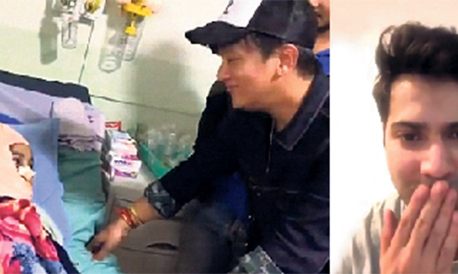
Indian celebs pour support to acid attack victim*
KATHMANDU, Sept 27: Pictures and videos of Bollywood celebrities sending warm messages to acid attack survivor Muskan Khatun and Nepali celebrities... Read More...

Nepal promotional event in Banglore
KATHMANDU, Nov 15: Nepal's tourism promotional program is going to be organized in Banglore of India on 19th of November. Read More...


Just In
- Kathmandu continues to top the chart of world’s most polluted city
- JSP Central Executive Committee meeting today
- Ambassador Adhikari presents his letter of credentials to Turkish President Erdoğan
- Bajhang by-election: Construction of Taklakot Road is common election agenda of candidates
- Meeting of Finance Committee being held today to discuss 2025/25 budget
- Stakeholders call for transparency as Beijing pushes for early implementation of BRI projects in Nepal
- Special Court orders judicial custody for Sunil Paudel over illegal wealth acquisition charges
- District Court Rautahat sentences four individuals including Aftab Alam to life imprisonment










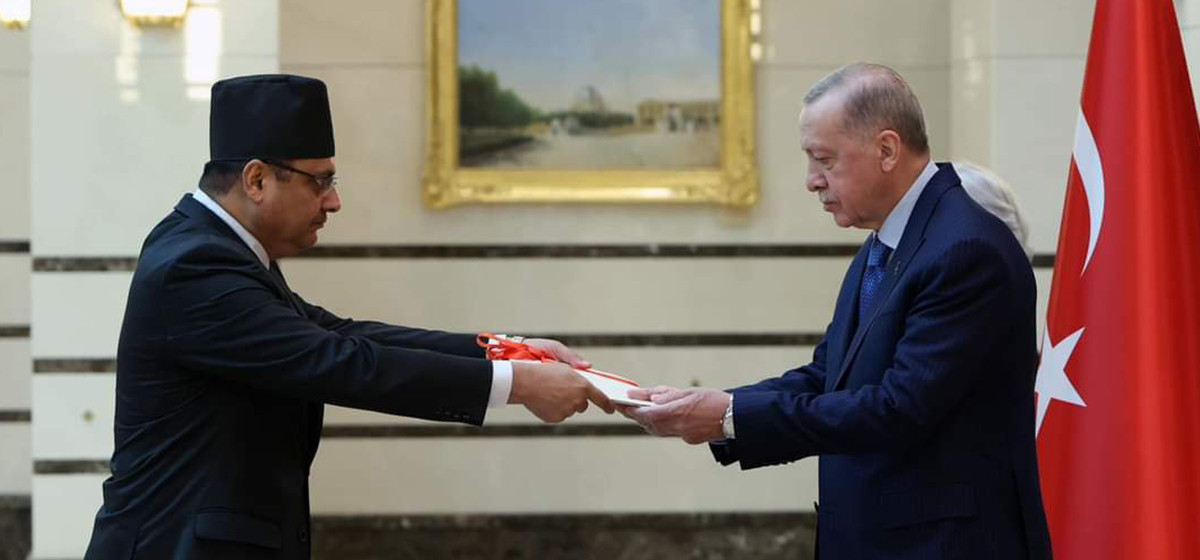
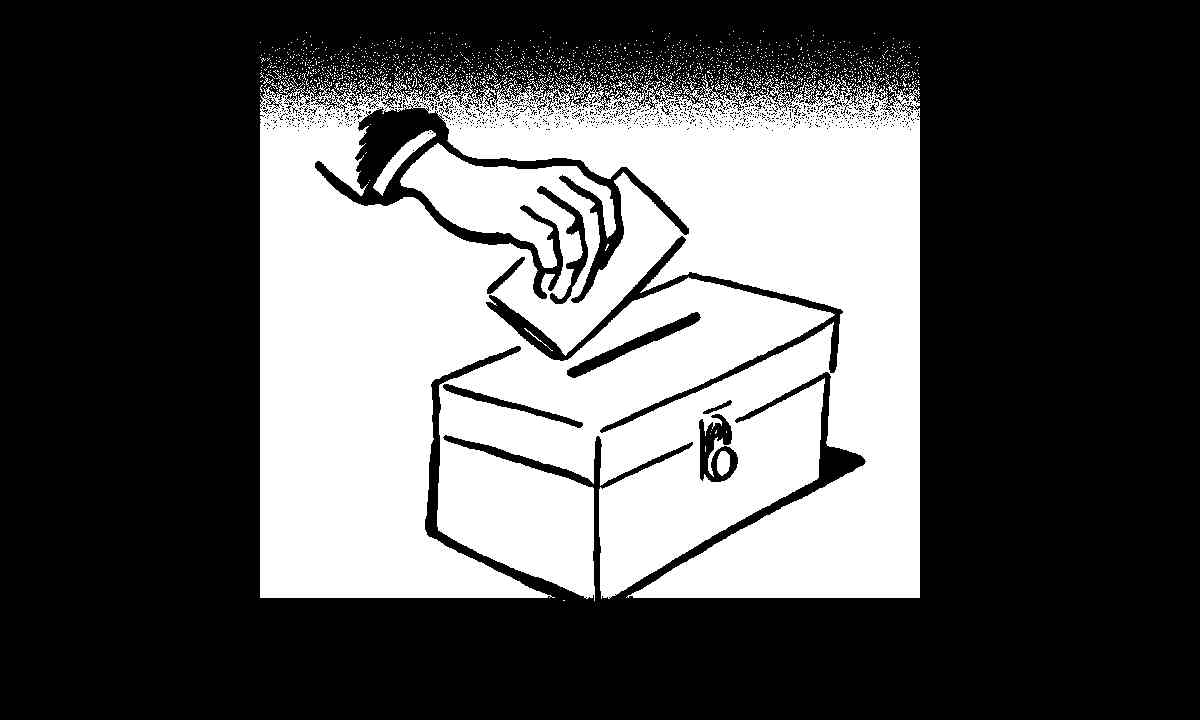
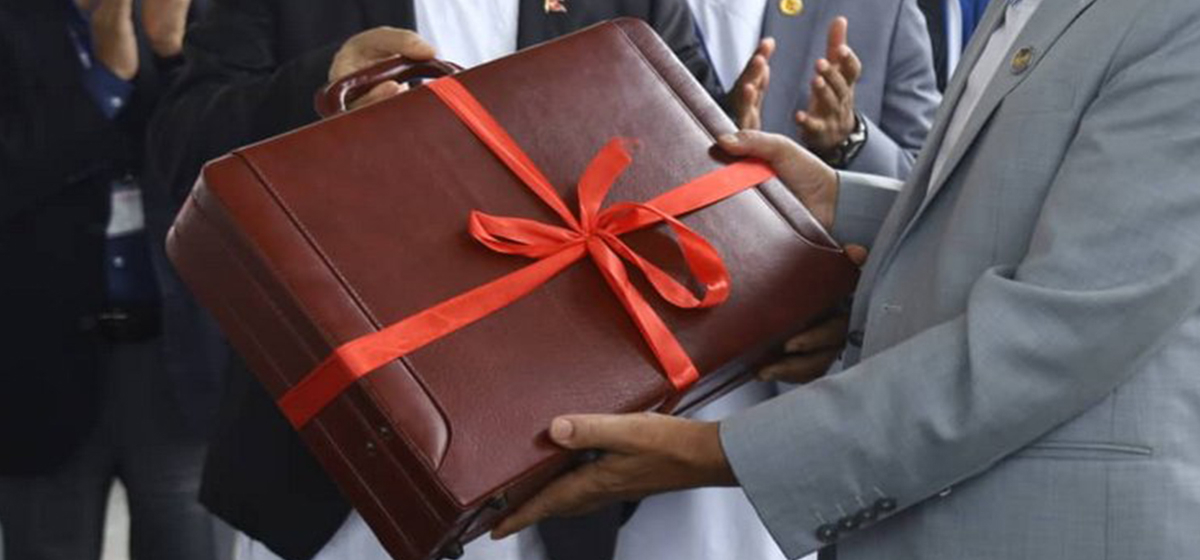

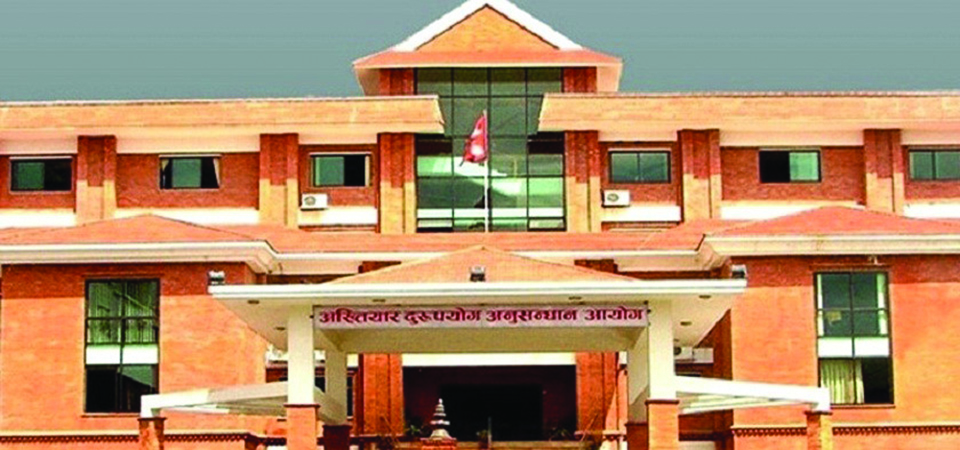

Leave A Comment